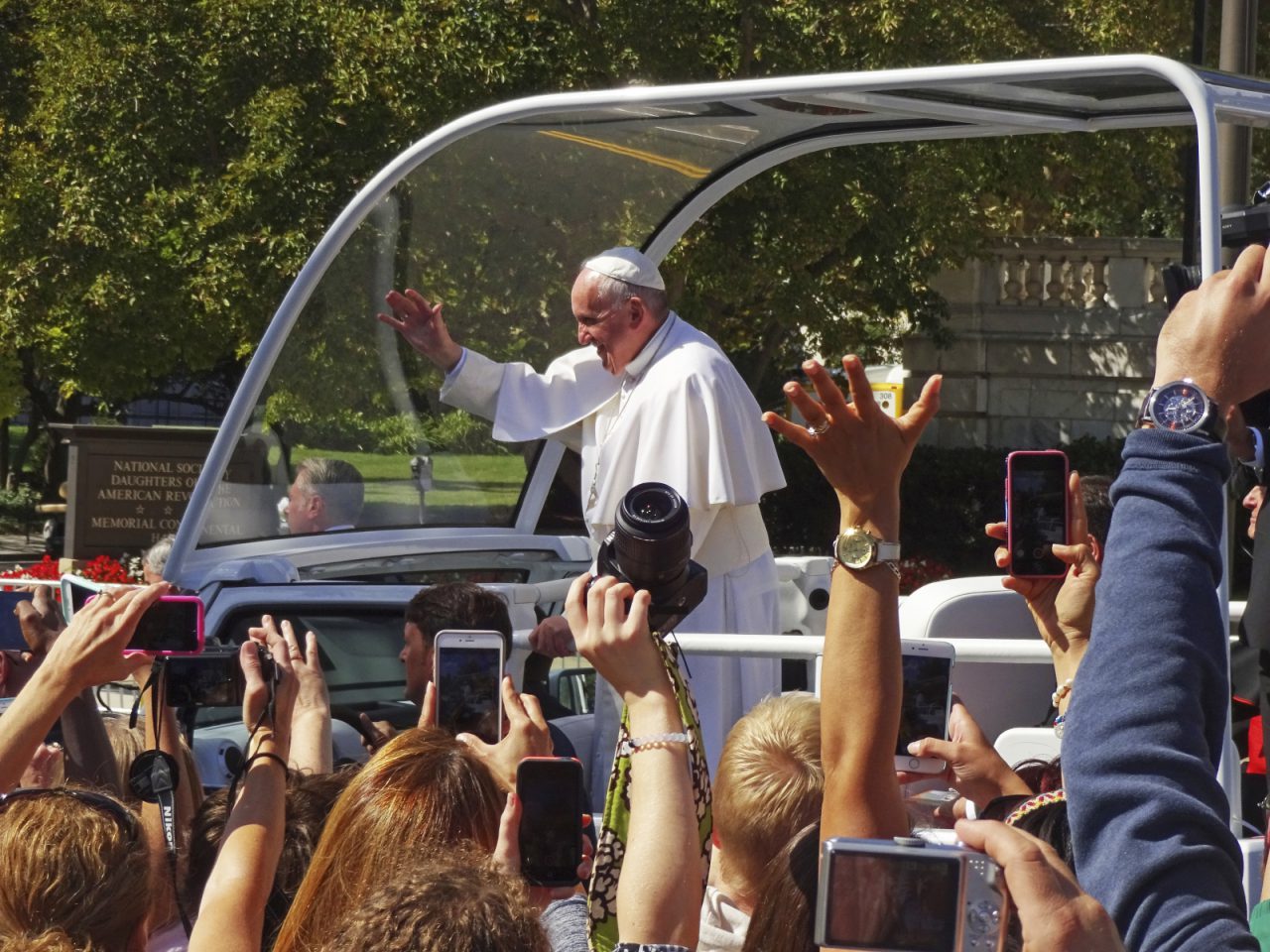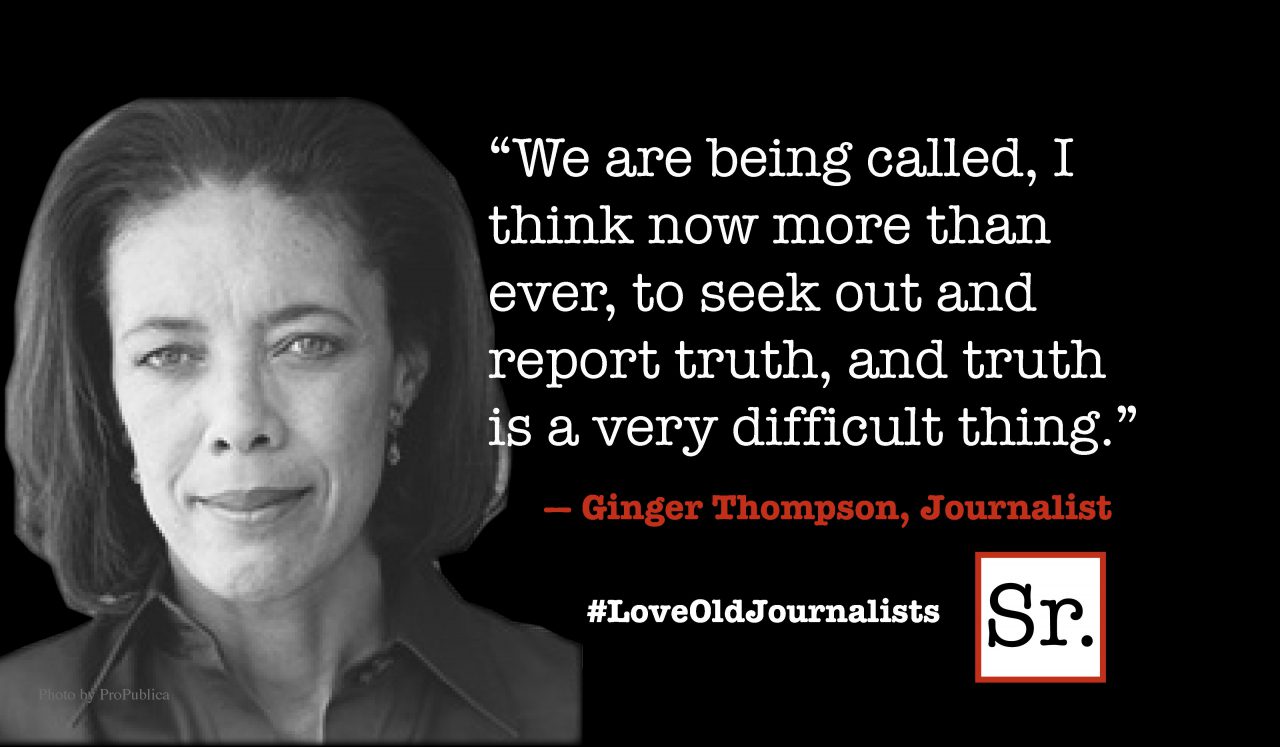The United States had become the Disunited States. Jefferson Davis had been inaugurated as President of the Confederacy. What was to be a bloody civil war hovered just below the horizon, boiling like molten lava ready to erupt. At the moment of the greatest pending peril, Abraham Lincoln made his first inaugural address, even while the storm clouds hung ominously over Washington, and one could already hear the cannons attacking Fort Sumner. As the President prepared for this speech, he looked for some sign of hope, and found it in his faith and his trust in the ultimate goodness of people. So he said, “The mystic chords of memory will swell… when again touched, as surely they will be, by the better angels of our nature.”
About the only way we are found by these angels and catch their chords when the strings are touched by someone in hearing distance. In history this plucking has been most often been the central task of religion and religious leaders. Religion, however, has a mixed history. Sometimes it touches the angelic chords, and at other times the sound produced is more akin to the grumbling of demons.
We have recently heard the angels of our better nature from the pen and then the voice of an Argentinian Jesuit who became Pope Francis, bishop of Rome and head of the Catholic Church. I have previously commented on his pastoral letter in which he laid out the moral argument for and the critical need to care for saving the planet by doing what is essential to address climate change. A few days ago he arrived in the United States and took it by the heart. Not only did he provide more content to his plea for environmentalism, but he also framed it in a wider call for compassion extending to all nature, and to all those persons who are victims of unjust and inhuman economic systems. It was not only the poor who held his attention, but all those isolated by walls of greed and nationalism.
He directly addressed the problem of refugees and migrants, both those coming to the United States from the vast areas to our south, and the hoards of Syrians and others descending on Europe. Reading through his speeches before Congress, the United Nations and his homily at the Madison Square Garden mass, much might well have been taken from the platform of the Democratic party. Was it too political or slanted? Let me suggest that this was not his emphasis or the root of what he offered. Instead it was a clear, brilliant explication of the Christian faith at its best. In fact it was what is at the heart of all religion.
Perhaps the highlight for me was the interfaith service held on the site of the 9/11 tragedy. Here were the religions of the world joining in common prayers. The effort was to call us together, not to highlight our separateness. When it came time for Francis to pray, he did so without having to do it only in Jesus’ name. Not even the sainted John XXIII had gone that far. Here the world’s religions were united in a call for peace, so eloquently focused in the children’s choir whose song of peace ended the service. If there was any judgment it was levied against all forms of fundamentalism, religious and otherwise. Whether or not American right wing religionists can hear the voice of a Catholic leader is not at all clear. One can only hope.
Francis gave only passing attention to issues which have traditionally divided Catholics from much of the rest of the human family. His reference to abortion was clothed in his appeal to the sacredness of human life no matter where it is found, with specific emphasis on capital punishment. He affirmed the importance of the family without defining just what constellation of persons makes one.
Francis did not attempt to cover everything. There was no mention of the ban on women priests, and there were no women evidenced at the Garden’s mass. Neither did he specifically include gays and lesbians in his catalogue of the left out. Nevertheless, for me what he did say was sufficient, and promised even wider open doors. The stale odor of an outdated system controlled by the old men in the Roman curia certainly experienced the fresh winds of change.
And yes Francis, the rest of us will pray for you and thank whatever God we worship for who you are, and the hope you are bringing those better angels to our troubled world.









